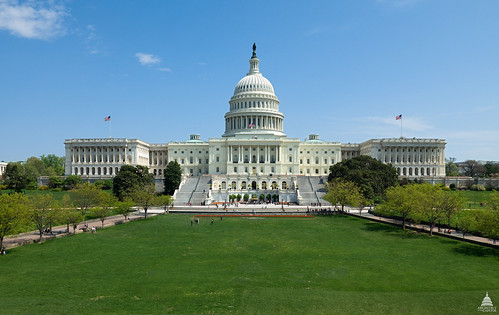
The USDA National Agricultural Library’s Agricultural Law Information Partnership website is a resource to help people find information relating to agricultural law. (Illustration credit: Jody Shuart, ARS).
Success in any part of agriculture today means being able to successfully navigate local, state and federal laws and regulations — from water rights to food safety regulations, from crop insurance to organic certification.
To help people find such legal information, the National Agricultural Library (NAL) has recently developed the Agricultural Law Information Partnership website. This partnership is a collaboration between NAL, the National Agricultural Law Center at the University of Arkansas System Division of Agriculture (NALC), and the Center for Agriculture and Food Systems (CAFS) at the Vermont Law School.
For each subject area, the Agricultural Law Information Partnership website provides an overview and a portal to a wide range of resources for farmers, producers, consumers, researchers and legal professionals. The initial topics include animal welfare, organic food, food production and sales regulations, new farmer, veterans farming, and water quality and quantity laws. More areas will be added as new material becomes available.
While users cannot consider the information on the website to be legal advice, all content is reviewed before it is added by law librarian Kirstin Nelson, who coordinates the new program for NAL.
The partnership not only gathers links to legal resources but also funds research projects that fill gaps in available information and the development of new tools.
The first two of these are already completed and available online: the National Gleaning Project and the Farmland Tenure Resource Project, both initiatives of the Center for Agriculture and Food Systems.

Information about the U.S. Farm Bill and other resources can be found on the USDA National Agricultural Library’s new Agricultural Law Information Partnership website. (Photo credit: Architect of the Capitol).
The National Gleaning Project is a clearinghouse for food recovery-related information, connecting organizations with opportunities to collaborate at all levels, and a guide to national and state laws and regulations pertaining to gleaning and food donation.
The Farmland Tenure Resource Project is an online legal resource aimed at helping farmers, landowners and farmer/landowner-advocates to understand and navigate the various legal issues related to transferring farmland in New England. This includes financing, taxation, acquisition and insurance.
Another resource within the partnership has been developed by the Agricultural & Food Law Consortium, a four-university alliance led by the NALC. The consortium has done extensive research and outreach, including a year-round webinar series and a multi-state annual legal conference addressing topics such as the Endangered Species Act, animal welfare standards in aquaculture, use of drones in agriculture, environmental regulations, and shale oil and gas development.
No comments:
Post a Comment
Note: Only a member of this blog may post a comment.